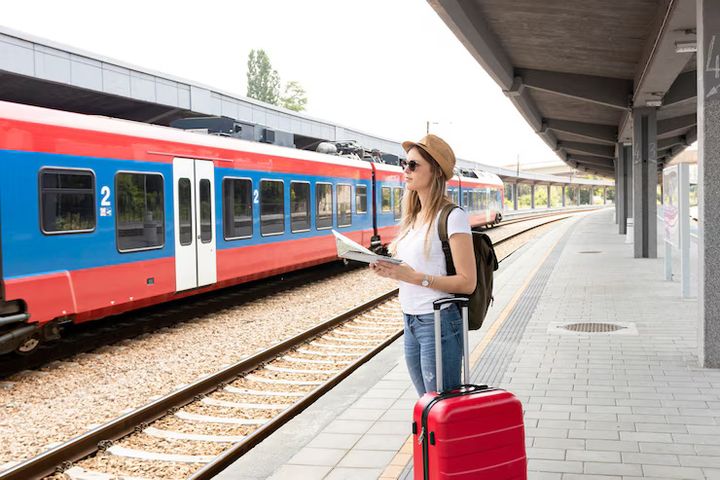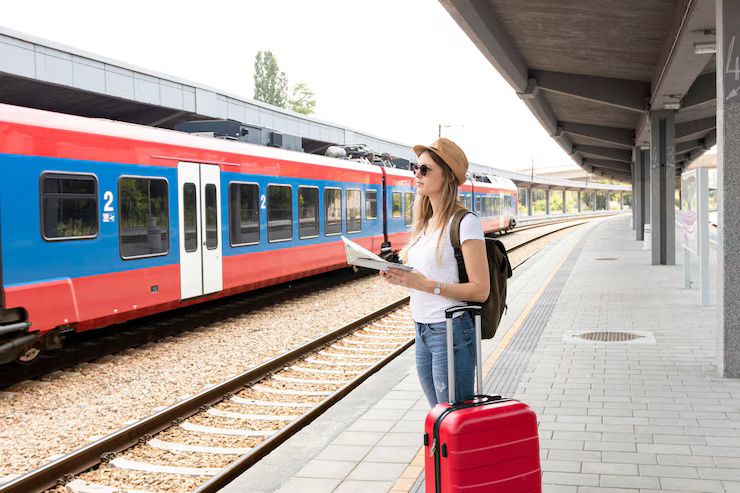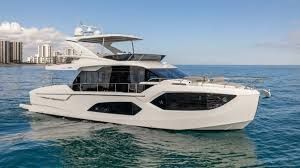
The Ultimate Guide to Exploring Germany by Train: Routes, Passes, and Travel Tips
Germany has one of the most efficient and extensive railway networks in Europe, making train travel a convenient and environmentally friendly way to explore the country. Operated primarily by Deutsche Bahn (DB), the national railway company, the system connects major cities, small towns, and even neighboring countries.
This transport method is popular for its speed, frequency and sightseeing routes. From business travelers to tourists seeking to experience different areas in Germany - from Black Forest to Bavarian Alps - trains offer a reliable and comfortable travel option.
Railway boxes, such as German Railway Pass and Urela Pass, make it easier for visitors to navigate the country in a cheap and flexible way.

Why does the train in Germany travel something today
In recent years due to the environment, economic and access facts, train journeys have renewed attention.
The main reason it means something:
-
Stability: Train that supports German climatic goals, much less CO than cars or aircraft. Produces emissions.
-
Efficiency: High-speed lane (eg ICE) connects larger cities in a few hours-Berlin Munich in less than 4 hours.
-
Tourists facilities: English -friendly signals, smooth planning and modern features make it a comfortable alternative for international travelers.
Who has the most advantage?
-
Tourists requiring flexible journey
-
Students and young passengers using regional tickets
-
Professional professional travel among larger cities
-
Residents option for durable travel option
Newer updates for Germany Railway Trip
Last year, remarkable changes and improvements have been seen in Germany's railway system:
This development supports both national and international passengers in search of efficient and environmentally conscious transport.
Regulations and guidelines affecting train journeys in Germany
Train travel in Germany is regulated by national and European policies to ensure safety, access and environmental standards.
Large guidelines include:
-
Deutschlandtick Regulations: Passengers must buy € 49 ticket monthly, and until it is canceled, it buys automatic renewal. It is valid on local and regional transport, but not on long-distance, IC or EC trains.
-
Passenger rights in accordance with the EU Act: Passengers are entitled to compensation for long delays or cancellation (25% reimbursement for delay in more than 60 minutes, 50% for delay in more than 120 minutes).
-
Railway Exhibition Act: Stations and trains shall follow obstacles to obstacles with low mobility policy under Germany individuals.
-
Children's rules: Children under 6 years free. People aged 6-14 travel for free with an adult for payment.
-
Environmental regulations: Germany's climate strategy supports the change in rail from road and flights, leading to tax encouragement to rail extension and funding for greener train technology.
Passengers are encouraged to check the DB officer website or local transport officials for updated rules before planning.
Useful equipment and resources for train journeys in Germany
Germany's train system is supported by various digital tools and planning resources that simplify travel organization and ticket purchases.
Mobile app and website:
-
DB Navigator app (iOS/Android): Real time plan, digital tickets, seat reservation.
-
Bahn.de: Official Deutsche Bahn website for root planning, ticket booking and railroad cards.
-
Rome2rio: Train helps compare trains with other transport options.
-
Eurail.com: Ideal for buying and travel schedule for multiple computers.
-
Deutsche Bahn Regional website: For local travel information (eg Bvg for Berlin, MVV for Munich).
Passport and Discount Program:
-
Deutschlandtickt (€ 49/month): Unlimited local and regional travel.
-
German Rail Pass: Adarsh for tourists is available on 3-15 days options.
-
Ural Germany Passport: Like German Railway Cards for Non-European inhabitants.
Bahncard:
-
Bahncard 25: 25% standard price discount.
-
Sister Card 50: 50% discount.
-
Bahncard 100: Unlimited journey for frequent users.
Travel planners and templates:
-
Printable train plan (available at bahn.de)
-
Travel planner -spreadsheet
-
DB Route maps (interactive and pdf)
Frequently asked questions
1. Can I travel to Germany by train completely?
Yes, Germany's railway network links almost all areas from larger cities to small cities. High speed, intercity, regional and local trains make it possible to locate the country without the need for a car.
2. What is the difference between IC, IC and Re -Train?
-
ICE (InterCity Express): High -speed train with first -class comfort.
-
IC/EC (InterCity/Eurocity): Slowly than ice, but still long distances.
-
RE/RB (Regional Express/Region Railway): Slowly, stops more often covered with € 49 Deutschlandtick.
3. Do I need a seat reservation?
Reservation on most trains is optional, but long -distance or busy routes, especially for ice train. Regional trains usually do not offer reserved seating.
4. Are trains always on time in Germany?
While German trains are generally reliable, it can be a delay. The DB Navigator app provides real -time updates. For a delay of more than 60 minutes, passengers may be eligible for compensation.
5. Is Deutschlandtickt available to tourists?
Yes, but it is a membership model. Tourists can buy it monthly, but they have to cancel it manually before the next billing cycle. It is ideal for long -term stay or regional exploration.
Final thoughts
Train travel in Germany provides a practical and pleasant way to discover the country. Whether you go on a short journey or plan an extended trip, the railway system is designed for comfort, efficiency and access. Recent update trains like € 49 tickets, app-based tools and Green Rail initiatives make the journey more attractive than ever.
By understanding available passports, equipment and politics, travelers can plan routes, manage costs and experience Germany cities, towns and beautiful landscapes.










